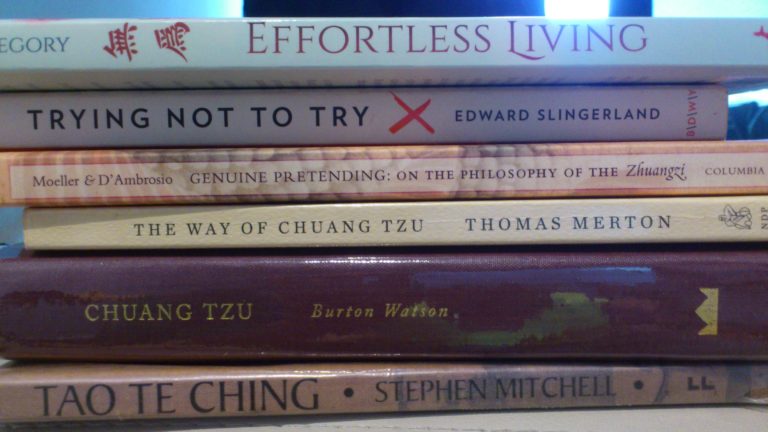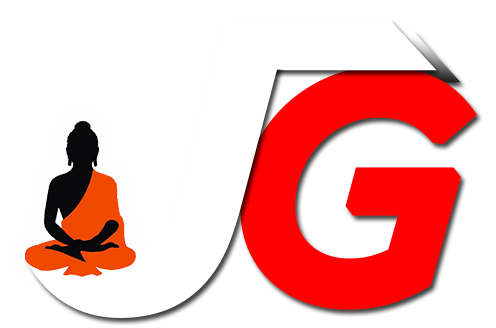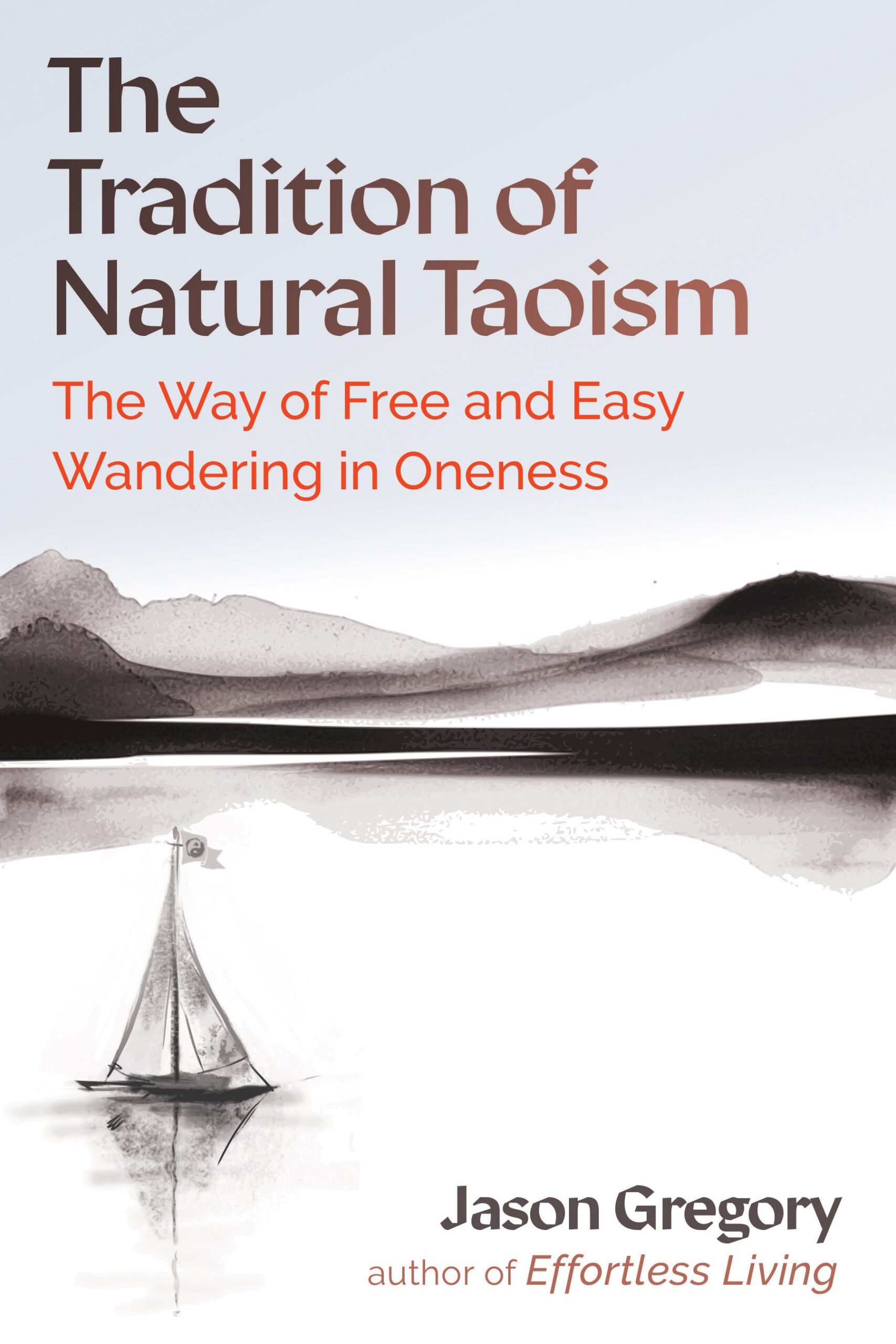Books for Studying Taoism

Taoism is a path often confused with being a conventional religion and primarily a form of spiritual cultivation concerned with martial arts and other Taoist arts. This is not completely untrue but its not the entire picture. All forms of Taoist spiritual cultivation and the religion are all based on its original philosophy going back 2,500 years to Lao-tzu and the Tao Te Ching.
The problem with many modern spiritual movements is they have lost touch with the original philosophy of what they seek to practice and understand, modern watered down yoga is a good example. The Western version of yoga is just not yoga (watch my episode of Enlightenment Today on Yoga and the Eight Limbs of Yoga to understand the tradition). And this temperament is rife within those interested in Taoism. If you are not schooling yourself in the philosophy, or learning it in unison with your practice, then your practice will be handicapped.
A human mind learns anything thoroughly when a framework for understanding has been studied. In regards to the Eastern spiritual traditions, it is best to study the philosophical framework from top to bottom so that your practice means something much deeper, so you can understand the intense process you are going through. Being absorbed in a spiritual process means we are in turn cultivating intelligence along the way.
So it is not enough to go to a Taoist arts course, or your local yoga group, if we are just going to hang out with like minds and get distracted with mindless chit chat, turning the practice into a purely physical exercise or form of spiritual materialism. You have to throw yourself in the fire if you are serious about deep transformation. This means a lifetime of study when it comes to the spiritual traditions of the East. Though this shouldn’t be thought of as drudgery, but instead, it is an ever expanding joy you feel in your heart as those rich Eastern traditions will begin you to crack open your mind so it can blossom like a lotus flower.
And to allow this transformation to bloom we need the right books to study. But I can tell you there are a number of books out there posing to be Taoist literature and then there are those that are authentic and sadly usually they’re the ones less read.
To get a deep grasp of Taoism it is important to understand it in relation to the other great philosophies of the Warring States period of China. To understand the mind of Lao-tzu it is important to understand that period of time and the other sages that shared that time with him (if he did exist). One of the best books to understand the basis of Chinese thought is the Readings of Classical Chinese Philosophy by Philip J. Ivanhoe and Bryan W. Van Norden. Both Ivanhoe and Van Norden are esteemed scholars in the field of Chinese thought and have dedicated their lives to the study of its philosophy. This book includes all the classic texts of Chinese thought, including the works of Lao-tzu, Confucius, Mencius, Chuang-tzu, and more. This book is not just a great start but a great source book going forward.
Even though Ivanhoe and Van Norden cover the classics in their anthology, it is good to get the classics on their own and some different translations to see some different scholarly perspectives. The Tao Te Ching is obviously imperative if you want to understand Taoism. There are a host of translations out there, some are authentic and some try to modernize the text.
The second classic to study is the Chuang-tzu text. Some of the stories within the Chuang-tzu are something we could read in an afternoon but contemplate for a lifetime. He especially articulates the Taoist view of impartiality and mutuality as opposed to a mundane belief in good and bad, right and wrong, a righteous sense of morality, and a rationality that disembodies our mind and body. In my personal collection I own the Burton Watson translation which I love, but there are many great translations out there.
A third classic to consider, though not considered traditionally Taoist, is the Mencius text by Mencius. Mencius is a Confucian but many scholars, and even myself, believe that much of his philosophy is Taoist rather than Confucian. To learn more about Mencius its best to watch my episode of Enlightenment Today on Mencius.
On top of reading all the classics, there are a host of great contemporary scholars and teachers who explore Taoist thought very deeply. Philip J. Ivanhoe and Bryan W. Van Norden, who I mentioned earlier, have a host of great books exploring Chinese thought. Both have translated some of the classics, including the Tao Te Ching and the Mencius.
Another scholar you need to know is Hans-Georg Moeller. Moeller has significantly shaped the way I think about Taoism. His recent classic Genuine Pretending,co-authored with Paul J. D’Ambrosio, is a must have in your library, especially if you want to understand the mind of Chuang-tzu. Moeller’s other books, such as The Philosophy of the Daodejing, Daoism Explained, and his translation of the Tao Te Ching are must reads.
Edward Slingerland is another scholar you need to know. Slingerland has done a great job popularizing Chinese thought through his book Trying Not to Try. This book is a great exploration of wu-wei from the differing perspectives of the great sages from the Warring States period. But even though this book was for more of a mainstream audience, it still has great depth and is not just for beginners. Slingerland also has another great book on wu-wei called Effortless Action which is far more academic but that is precisely why it is a deep read.
Personally I was introduced to Taoism through the philosophy and not the practices of Taoist arts, though I began engaged in them as time went on. The Tao Te Ching was my introduction, and it is a text I still contemplate until this day. On top of that were the classics, including the Chuang-tzu which is one of my favorite books ever. Alan Watts also played a big part in my interests in Taoism. When I read Tao: The Watercourse Way I was blown away by the effortlessness of this book and the way it pierced into the heart of what Lao-tzu was trying to explain. Its a book I’ve read many times and I believe it is a book that captures the spiritual dimension of Taoism. Watts is one of those individuals who was a living embodiment of Eastern thought, with his humor, wit, and wisdom guiding the way for many of us.
Once you have a foundation for understanding Taoism you will be cognizant of the spiritual dimension of Taoism. Then you will be able to approach your practice with a mental framework that is solid for effective transformation. Keep in mind, when I say practice, this doesn’t have to be a Taoist practice because the philosophy of Taoism is the art of living, living a life in harmony with nature as it is, with a mind of no deliberation, essentially a state of psychological effortlessness. But if you’re interested in the Taoist arts, traditional Chinese medicine, and its healing methods, there are a host of books written on the subject, too many to list here (I suggest exploring the work of Damo Mitchell, Daniel Reid, Yang Jwing-Ming, and many others).
The philosophy of Taoism is one of the most efficacious spiritual paths in the world. It is my hope that one day the philosophical tenets of Taoism will become more interesting for people to study, not only in the West but also in modern Marxist China. To live in harmony with nature we first need to realize that we are nature and once our life becomes as simple as nature then we become an aperture for the universe to express its beauty. That’s the promise of Taoist philosophy.
NOTE: This site directs people to Amazon and is an Amazon Associate member. As an Amazon Associate I earn from qualifying purchases. The pages on this website may contain affiliate links, which means I may receive a commission if you click a link and purchase something that I have recommended.

